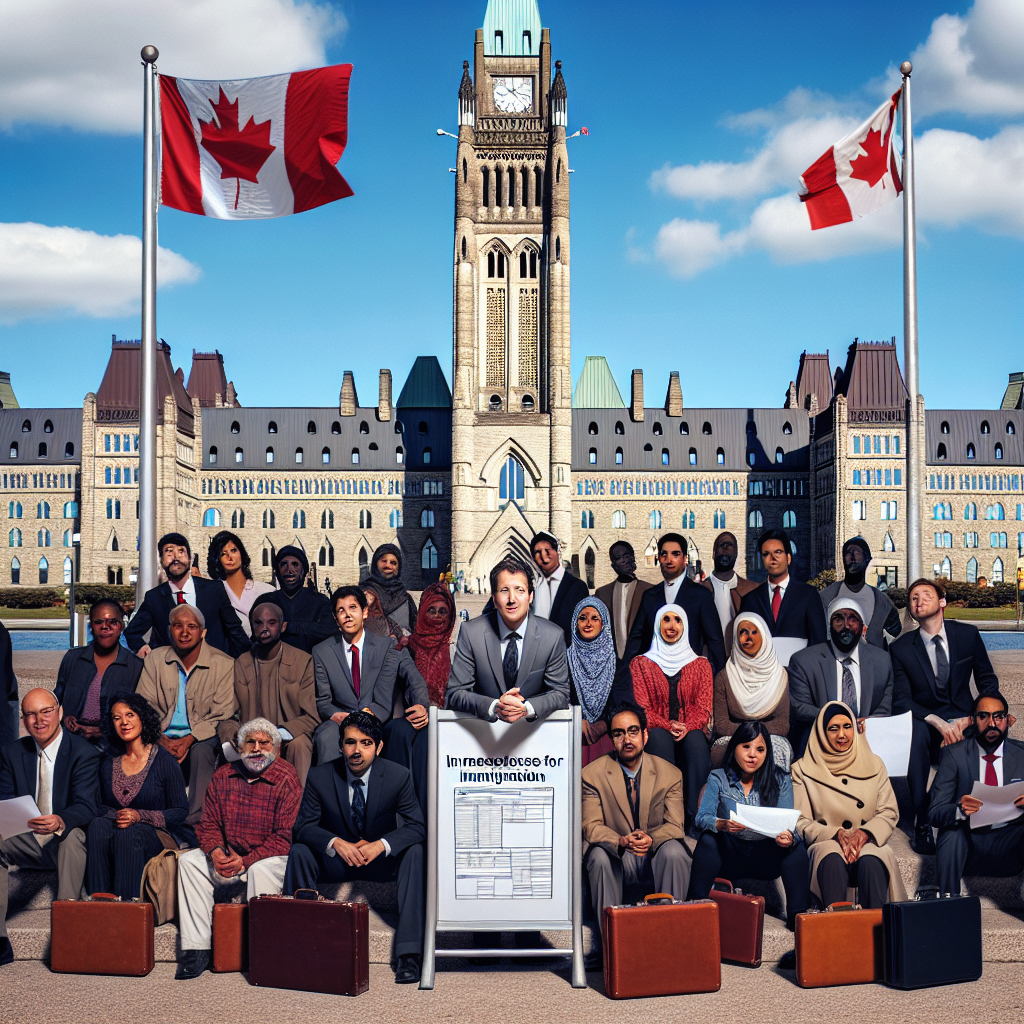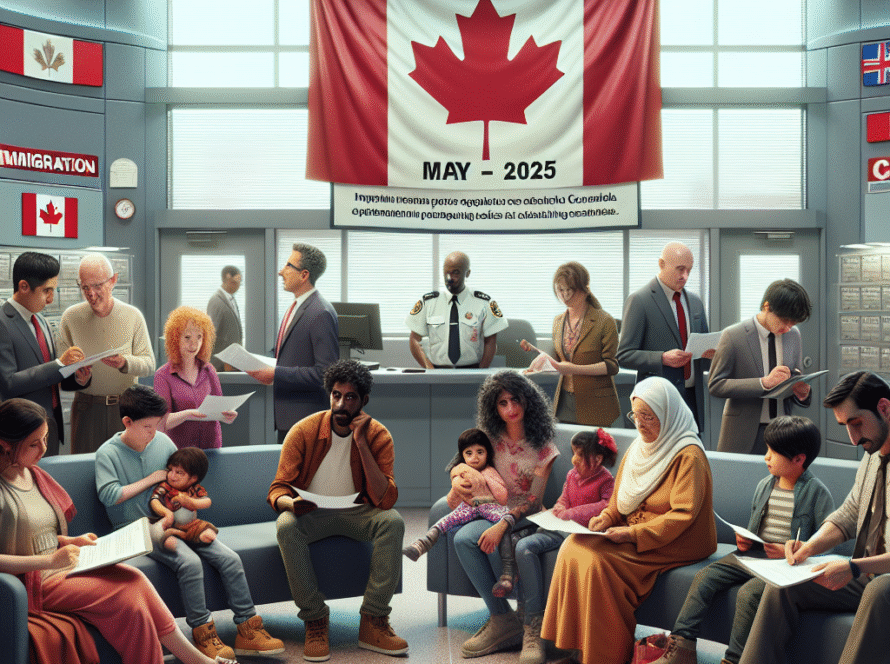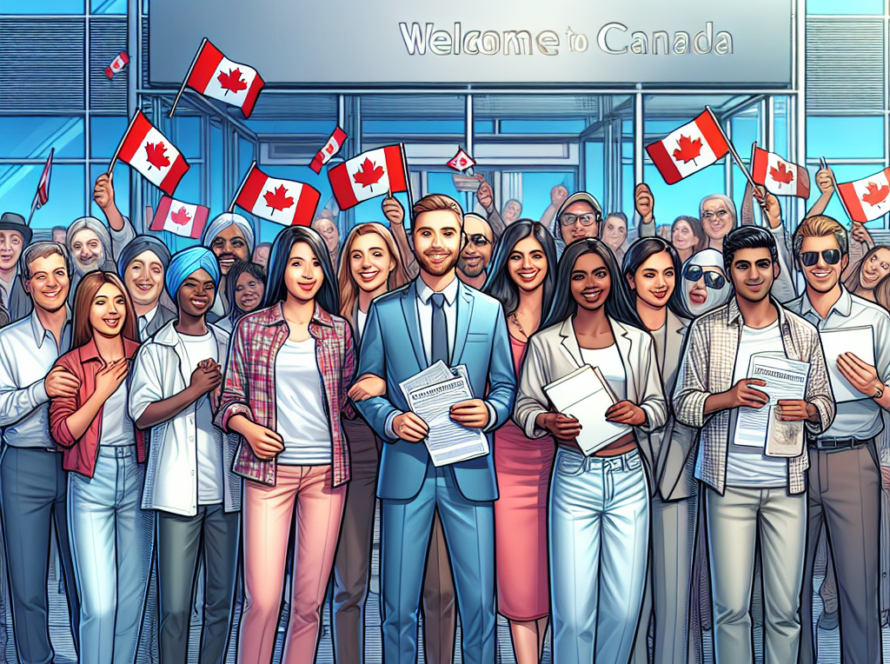Canada Updates Immigration Processing Times for February 2025

Navigating Canada’s Immigration Landscape: Insights and Updates on IRCC Processing Times
Date: February 6, 2025
As Canada continues to evolve as a prime destination for immigrants, understanding the latest processing times from the Immigration, Refugees and Citizenship Canada (IRCC) is critical for prospective newcomers. This overview provides a concise summary of key processing times as of February 5, 2025, along with an analysis of their implications for applicants.
Why Processing Times Matter
-
Effective Planning: Applicants can better coordinate life decisions—such as job changes, educational pursuits, or family reunification—by knowing expected timelines.
-
Avoiding Delays: Insights into processing times can help applicants anticipate potential setbacks and manage their expectations, reducing stress during the waiting period.
- Preparation for Success: Timely knowledge allows for the meticulous preparation of documents, which is crucial for a successful application.
Key Processing Times Overview
-
Citizenship Applications: The processing time for citizenship grants now stands at 8 months, reflecting a slight increase from January. Other notable times include 3 months for citizenship certificates and 12 months for renunciation of citizenship.
-
Permanent Resident Card: New PR cards are processed in approximately 24 days, while renewals take around 17 days—both showing slight improvements.
-
Family Sponsorship: The journey can be significantly longer; sponsorship for spouses outside Canada (excluding Quebec) takes 10 months, whereas those applying from Quebec face a staggering 36 months. Inside Canada, the timelines have increased, with processing now taking 28 months for applicants excluding Quebec.
-
Economic Immigration: The Canadian Experience Class (CEC) sees processing times of 5 months, whereas the Federal Skilled Worker Program (FSWP) takes 6 months. However, some pathways, like the Non-Express Entry Provincial Nominee Program, have seen a rise, now taking 21 months.
- Temporary Residency: Visitor visas vary significantly, with timelines for applications from India at 106 days and from the U.S. at 28 days. Study permits and work permits offer varied times based on the applicant’s country, with most processing within a few weeks to several months.
Analyzing the Trends
The fluctuating nature of these processing times underscores the complexity of Canada’s immigration system. Factors such as application completeness, case complexity, and overall application volume play significant roles. The increase in processing times for family sponsorship, particularly from Quebec, highlights the challenges applicants face in that province, potentially influenced by bureaucratic coordination issues.
Moreover, the stability in processing times for Canadian Experience Class applicants indicates a focus on retaining skilled workers, a critical demographic for Canada’s economy. However, the lengthy timelines for family reunifications may pose challenges for applicants hoping for quick reunions, emphasizing the need for continued advocacy for more streamlined processes.
Conclusion
As prospective immigrants look to make Canada their new home, staying informed about IRCC processing times is paramount. This knowledge not only aids in planning but also empowers applicants to prepare thoroughly, enhancing their chances of successful applications. For the most reliable updates, always consult the official IRCC website.
In a rapidly changing immigration landscape, adaptability and preparation remain key to navigating your Canadian journey. Here’s hoping for a smooth path ahead in 2025!



